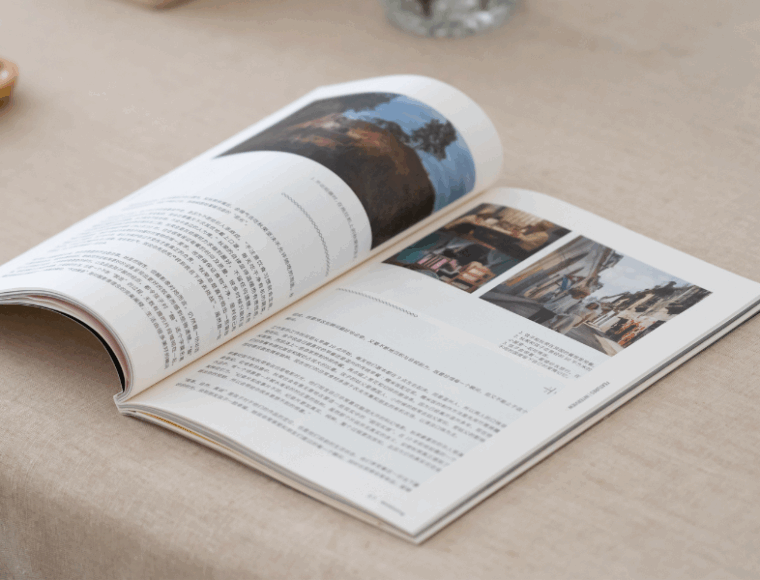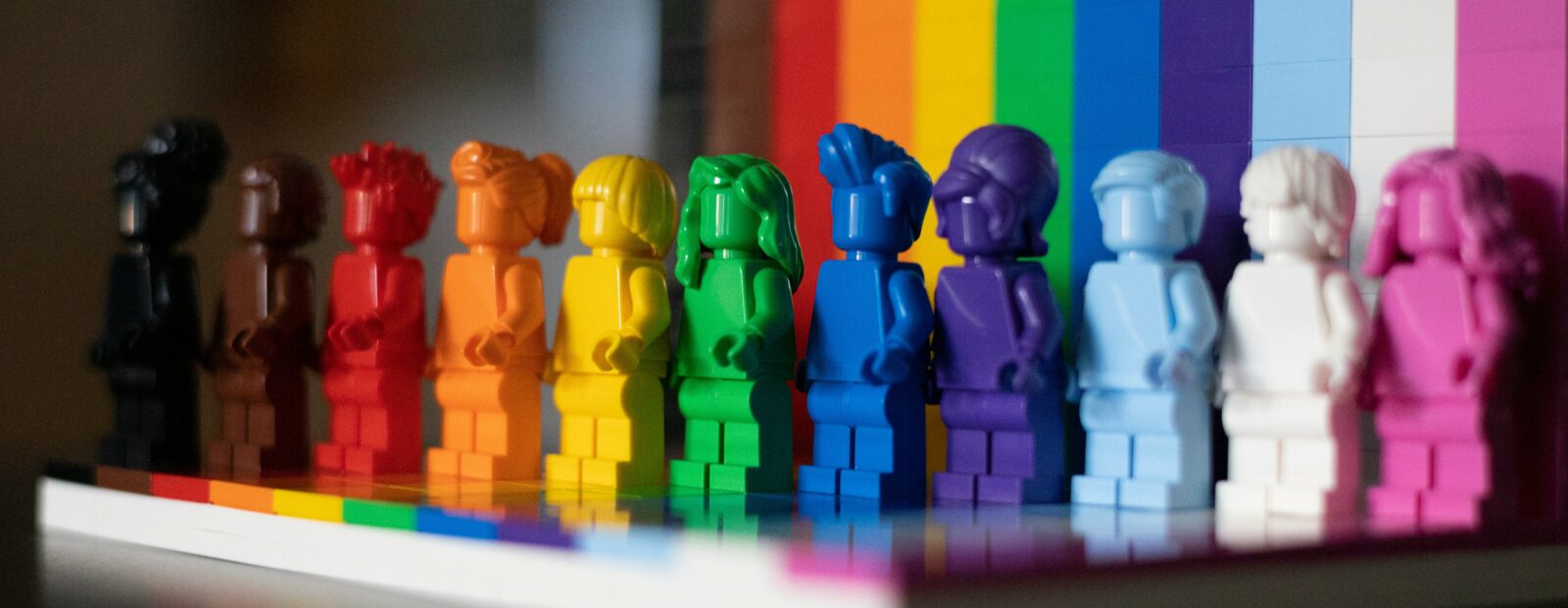


Browse Our Newsletter
Healing Systems, Not Just People: Healing Health Inequalities
Read more

This would have probably been the title of this blog had it been written before 1973, when ‘The Diagnostic and Statistical Manual of Mental Disorders (DSM)’ stopped classifying homosexuality as a mental illness. Yet, half a century later, despite all the riots and all the progress we have made as a community, there are still too many who would prefer to see us ignored, converted, discriminated, imprisoned, or killed. This is the reason why it is still imperative to make an effort to understand the reason why people in the LGBTQI+ community and allies, must continue to fight.
There are laws in 113 countries that “allow” homophobia. In 72 countries, homosexuality is considered illegal. There are 8 United Nations member states where a person can be put to death for participating in consensual sexual activity with someone of the same sex. In 2021, it was reported that 375 transgender people were killed in transphobic attacks. In some parts of the world LGBTQ+ people are abducted, imprisoned, and tortured by the government. The list of atrocities could continue and whilst this seems to be a distant issue, in the UK alone, 2630 transgender identity hate crimes and over 17.135 sexual orientation hate crime offences were recorded in 2021.
Institutions using ideology and propaganda to fuel hatred and segregation is not something common only towards people within the LGBTQI+ community. Being the target of hate for something one has no control over is a common human experience. One must ensure that they have the tools and knowledge necessary to prevent hate from spreading, even without realising it. It is as vital as ever to discuss issues that people in the community face, seeking information from reliable sources and making an effort in our work and private life to ensure nobody is discriminated against, attacked or made to feel like they do not belong.
Whilst things may not change in one day, everyone has the ability to support the LGBTQI+ community and continue the fight for freedom and equality. For this reason, Imperial College has created a blog providing tips on how to be or become an ally. Being an ally is about helping to create an inclusive environment where everyone can be themselves.
I would like to wish everyone the strength within themselves to love and respect others despite a world that does not always love and respect diversity.
Happy Pride Month to my fellow LGBTQI+ folks and Allies! The fight is not over! ♡
Below are links to projects and charities that provide help and support for individuals withing the LGBTQ+ community.
Stop Hate UK – provides independent, confidential, and accessible reporting and support for victims, witnesses and third parties.
Galop – is a national LGB&T domestic abuse helpline.
The Mix (formerly Get Connected) – provides phone, email or web chat support on any issue for young adults under 25. It also includes a comprehensive searchable directory of other LGB&T support services.
Samaritans – provides emotional support to anyone in emotional distress, struggling to cope, or at risk of suicide.
The NHS provides transgender and LGBT health advice and support.
LGBT Foundation – is a national charity delivering advice, support, and information services to lesbian, gay, bisexual and trans (LGBT) communities. Their helpline number is 0345330303.
Switchboard – provides a helpline for a safe space for anyone to discuss anything, including sexuality, gender identity, sexual health, and emotional well-being. They support people to explore the right options for themselves. Their helpline number is 0300 330 0630
Just Like Us – is an LGBT+ charity aiming to “empower young people to be role models championing LGBT+ equality at school and work.”
Rares Negrii, Night Manager